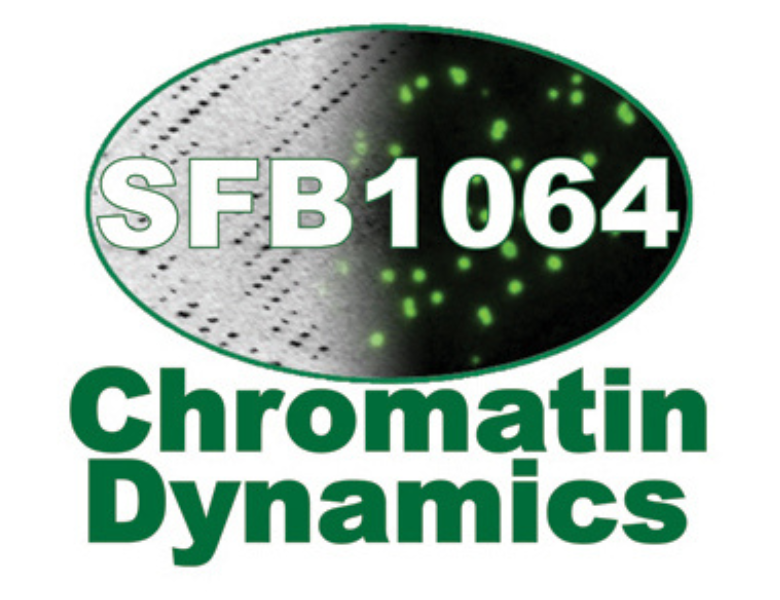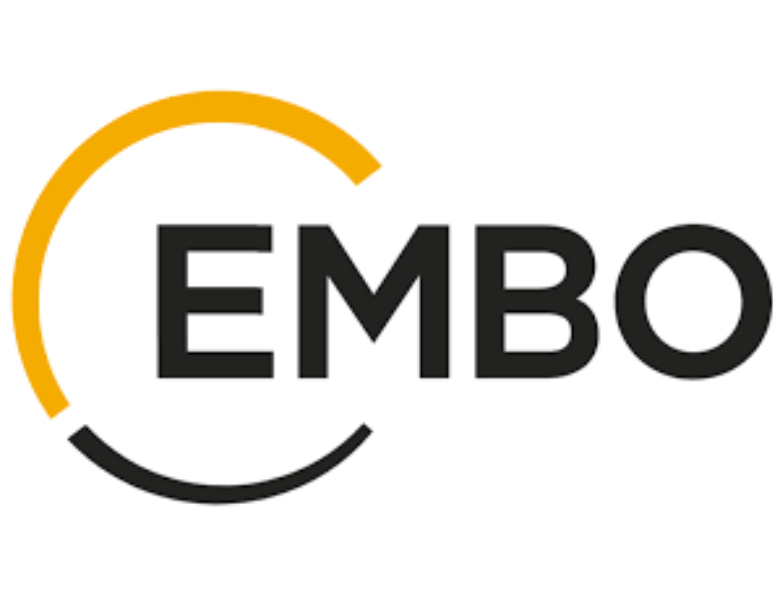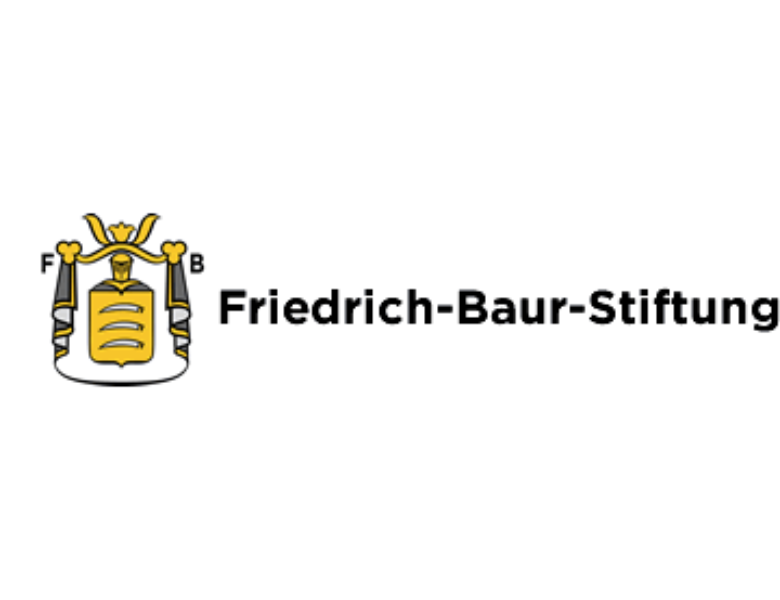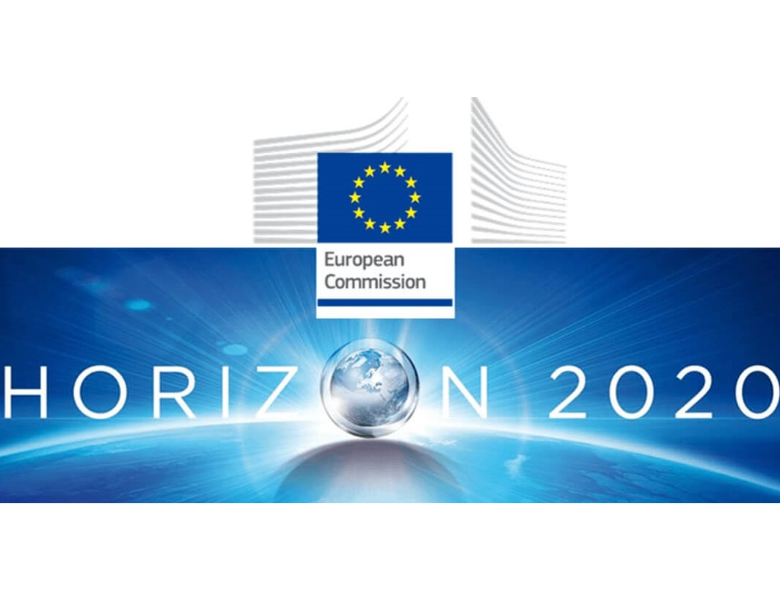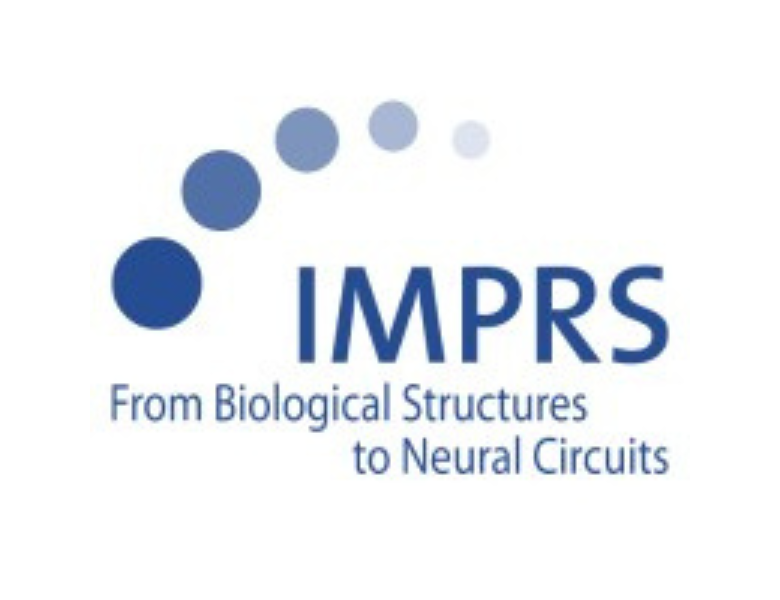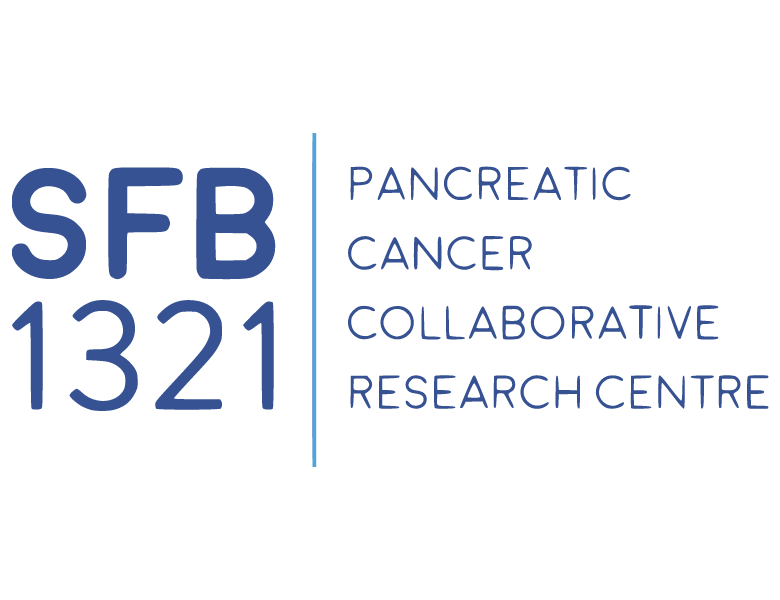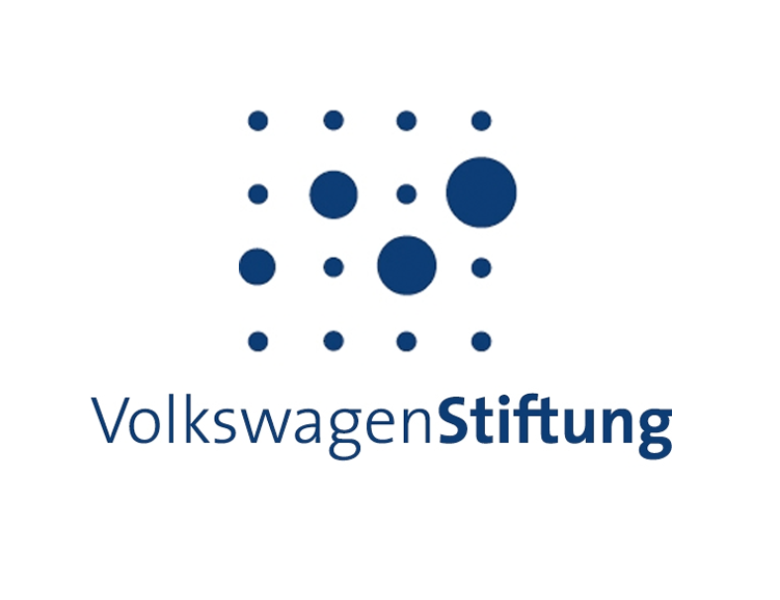Robles Lab - Systems Chronobiology
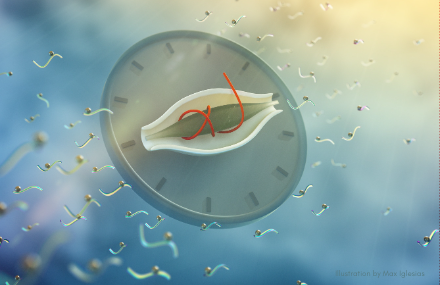 Research Topics
Research Topics
- Chronobiology - circadian clocks
- Mass Spectrometry-based quantitative proteomics
- Synaptic function and sleep
- Circadian clocks and cancer
The circadian clock is an endogenous timing system that regulates in a daily manner physiological functions and behavior by modulating gene expression and protein function. Circadian control of transcription regulation is widely studied however the understanding of circadian dynamics in protein function is in its infancy. My work in the last years has pioneered the use of mass spectrometry-based quantitative proteomics to study temporal dynamics of protein abundance, cellular localization and post-transcriptional modifications (PTMs). This technology has thus proven instrumental in chronobiology to comprehensively understand post-translational mechanism regulating circadian metabolism and physiology. Our group has acquired a state of the art instrument (Q-Exactive™ HF-X) located at the BMC building (https://www.bmc.med.uni-muenchen.de/index.html) that allows us to study basic circadian molecular mechanism. In addition, our work also focuses in the interplay of metabolic, behavioral and cognitive disorders with circadian asynchrony, a condition frequently associated with modern lifestyle.
Selected Publications
Hamzeiy H, Ferretti D, Robles MS*, and Cox J*. (2022) Perseus plugin ‘Metis’ for metabolic pathway-centered quantitative multi-omics data analysis supporting static and time-series experimental designs. Cell Reports Methods. doi.org/10.1016/j.crmeth.2022.100198. *co- corresponding author.
Hansen FM, Tanzer MC, Brüning F, Bludau I, Stafford C, Schulman BA, Robles MS*, Karayel O*, Mann M*.(2021) Data-independent acquisition method for ubiquitinome analysis reveals regulation of circadian biology. Nat Commun. Jan 11;12(1):254. *co-corresponding author. PubMed
Brüning F, Noya SB, Bange T, Koutsouli S, Rudolph JD, Tyagarajan SK, Cox J, Mann M, Brown SA*, Robles MS*. (2019) Sleep-wake cycles drive daily dynamics of synaptic phosphorylation. Science. Oct 11;366(6462). *co-corresponding author. 10.1126/science.aav3617. PubMed
Noya SB, Colameo D, Brüning F, Spinnler A, Mircsof D, Opitz L, Mann M, Tyagarajan SK*, Robles MS*, Brown SA*. (2019) The forebrain synaptic transcriptome is organized by clocks but its proteome is driven by sleep. Science. Oct 11;366(6462). *co-corresponding author. 10.1126/science.aav2642. PubMed





